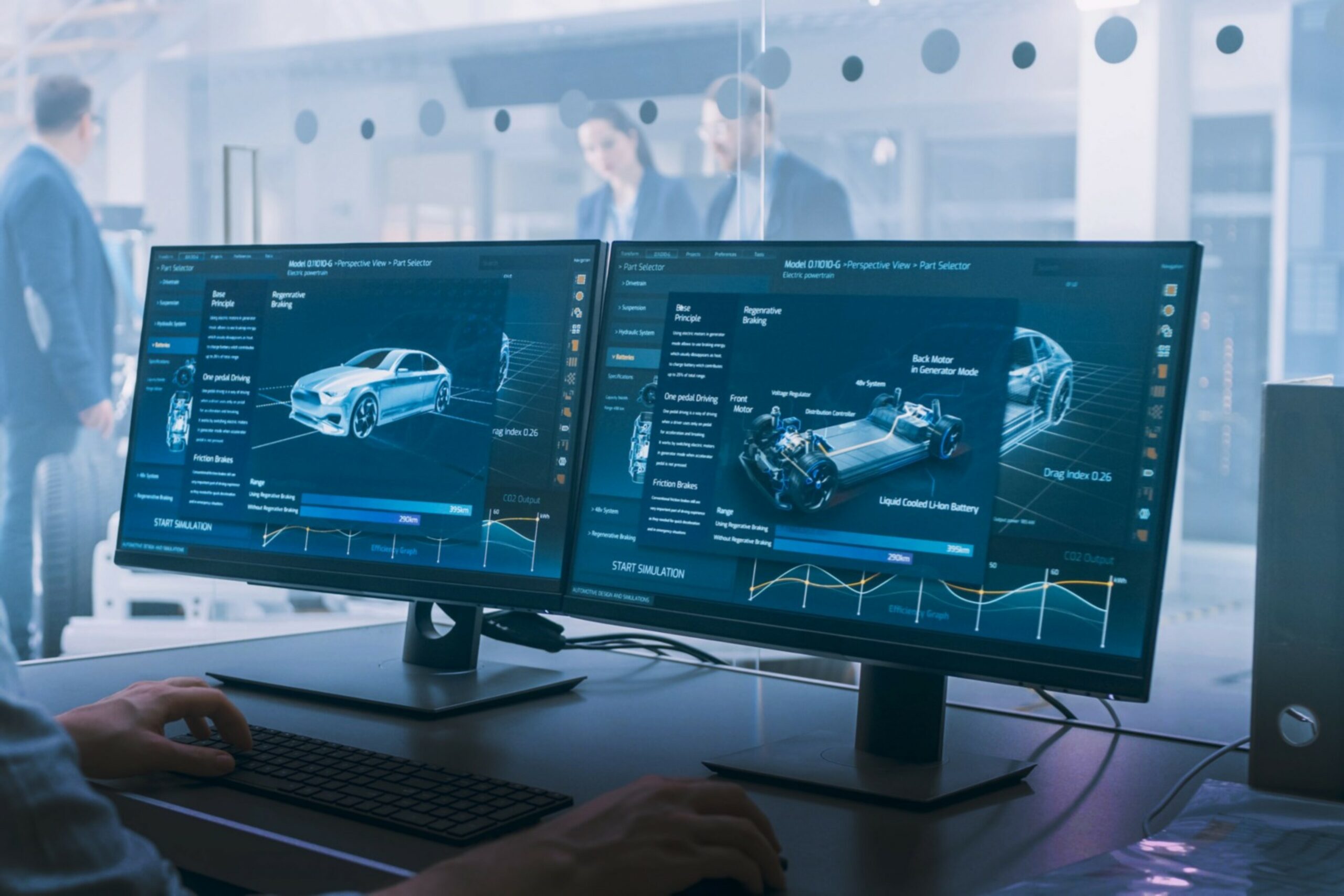A platform strategy can disrupt existing industries with software, AI and automation.
This is becoming very apparent in the automotive industry.
Traditional automakers face a daunting task to build great software for their cars.
With reportedly over 150 different vendors involved in building parts of their car software, making changes becomes an intricate dance of coordination, communication, and compatibility.
The lack of a unified, integrated system can lead to inefficiencies and stifle innovation.
Contrastingly, Tesla has taken a software platform approach.
Their vehicles are essentially software on wheels, with systems that are designed from the ground up to work together seamlessly. This holistic design allows for real-time updates, improving the car’s performance, and adding new features with a simple download, much like updating apps on your smartphone.
The traditional automotive industry has to figure out a platform strategy to remain competitive.
The transformation might be challenging, but the reward is clear: a smoother, smarter, and more efficient driving experience for all.
#transformation #innovation
#Tesla #Ford #AutomotiveIndustry #ArtificialIntelligence #Integration

